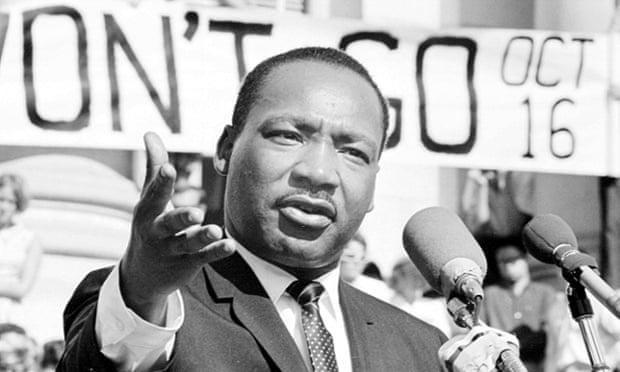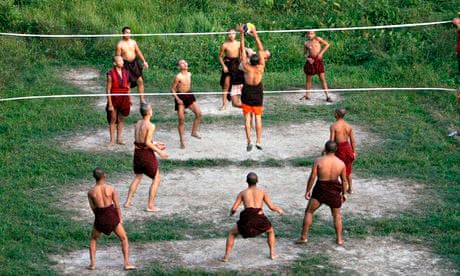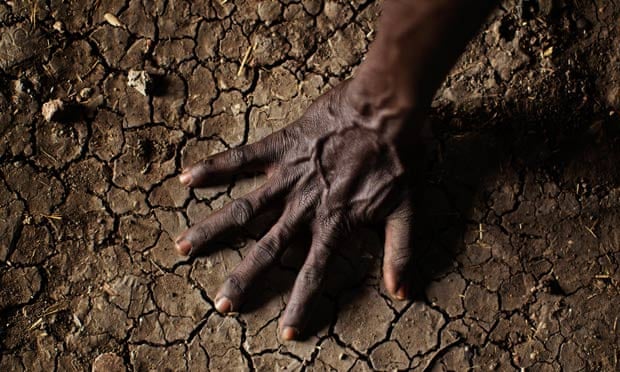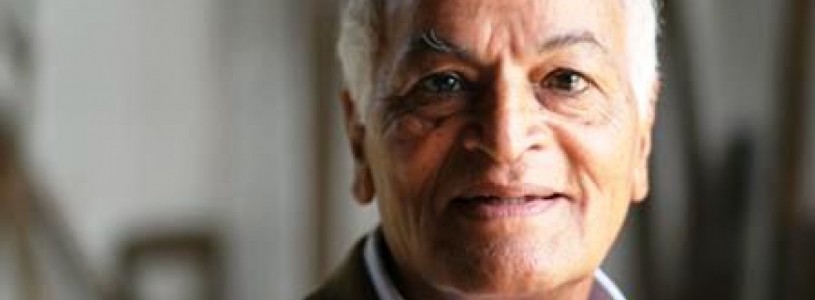 |
| Columbia River Gorge, Oregon |
Gratitude
On this Thanksgiving Day I am drawn to reflect on gratitude. I could write a book on gratitude, the great teacher and gift that it is, but will confine myself in this space to what comes most spontaneously to me in these few precious morning moments.
I am grateful that nearly 30 years ago I first heard someone speak of the value of having a "gratitude practice," something I had never heard of before but which took root in my heart and has since grown stronger with each passing year. Amazing how this seed planted in my being decades ago has changed my life. On Thanksgiving - and every day - I remember and practice and give thanks for gratitude.
I am grateful for Mother Earth. She nourishes and sustains all life. I am grateful for the Earth's beauty, including that which is out our back door. I give thanks for the abundant gifts which Mother Earth offers to us all.
I am grateful for my family - the family I was born into, my beautiful family of today, my ancestors, my family of friends and loved ones, the family of all beings to which I am a part of. Our amazing sons, my beloved husband, and others have nourished my heart, mind, spirit, soul. My gratitude is infinite.
I am grateful for the consciousness and experience of the Sacred. I experience this Mystery as woven through myself and all of life. I am aware of our Interbeing, this amazing connection that weaves us all together. I am grateful for the experience of the beauty of my true nature, which empowers me to see yours.
I am grateful for James Garbarino who first gave me the idea - and planted the seeds - of how we each have a "circle of caring," and how that circle can intentionally and mindfully be expanded. This has been such an organic process of moving from a place of pervasive disassociation, disconnection, and perception of separateness to opening to an ever more deepening sense of how we are all related, we are all part of the Sacred One. Over time I have come to stop killing spiders, to no longer eat anything with a face, to bowing to others in the recognition of the beauty of the Sacred within. And fear and shame, addictions and distortions, trauma and triggers, perceptions of aloneness and separation have grown to have an ever diminishing hold on me. Wow. This has been such an amazing transformation, for which I am eternally grateful. And it's ongoing! Yay!
I am grateful for all the teachers, mentors, healers, wise, courageous and compassionate ones whose paths have crossed mine. The list is far too great to even attempt to name here. I am grateful to have been blessed with the courage to open to the teachings and transformations that have come from the many teachers who have graced my life. I bow to you.
I am grateful for the power of intention, of mindfulness, of beauty, of humor and laughter and love.
I am grateful for joy and sorrow. Both have carved my heart deeper and brought me greater humility, empathy, compassion, tenderness, wisdom and love.
I am grateful for each precious moment of life. My heart overflows with gratitude and thanks for this path of Mystery, of Heart, of Compassion, Healing, and Love that has served to grow my heart bigger and support me in becoming more wholly who I am.
My gratitude list could go on and on, but I will stop here...
My prayer on this Thanksgiving Day is for all the blessings and gifts that most nourish you and bring you joy and beauty, strength and courage, healing and understanding, compassion and love. Bless you. Bless us all.
With a heart full of gratitude and blessing,
Molly













.jpg)




